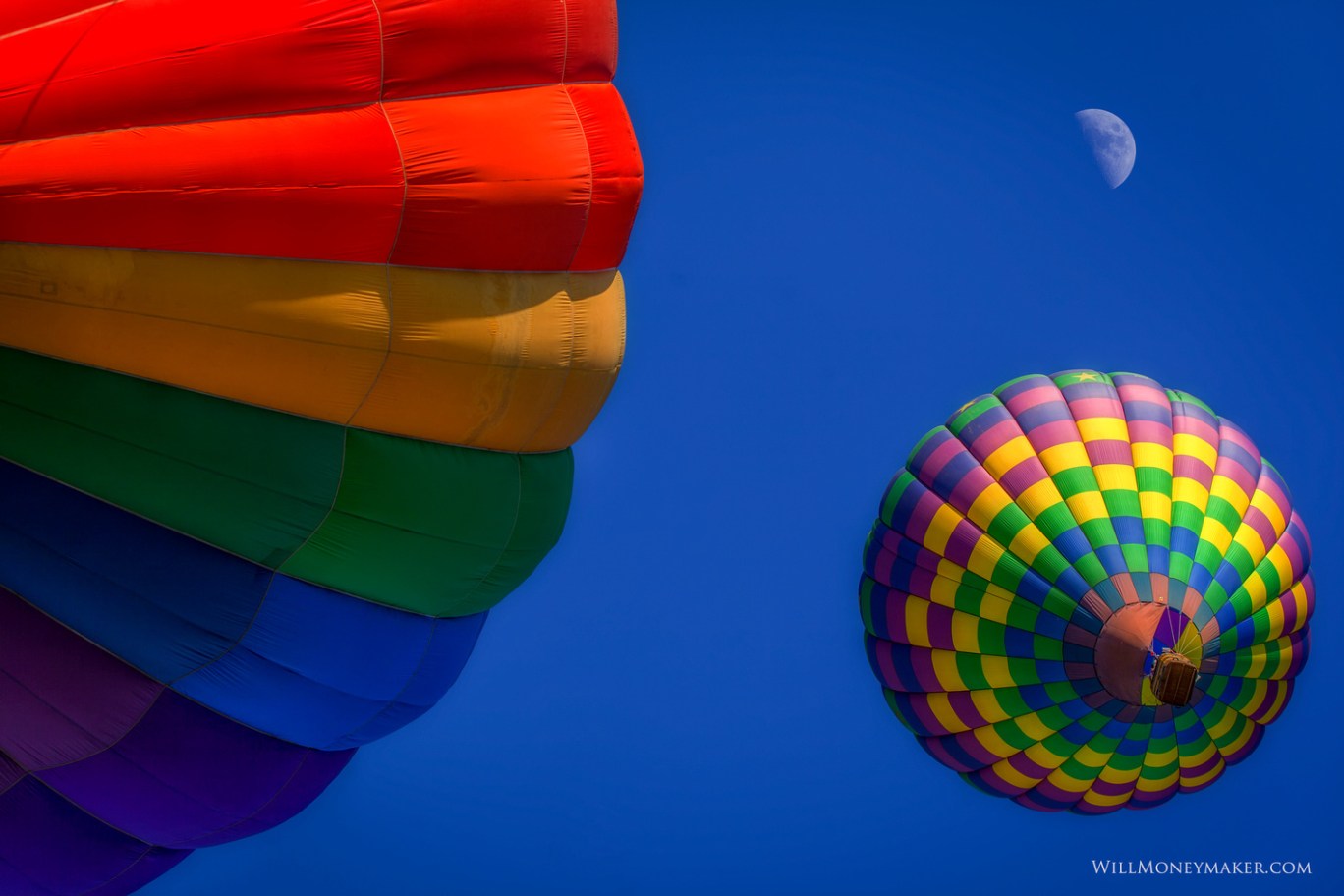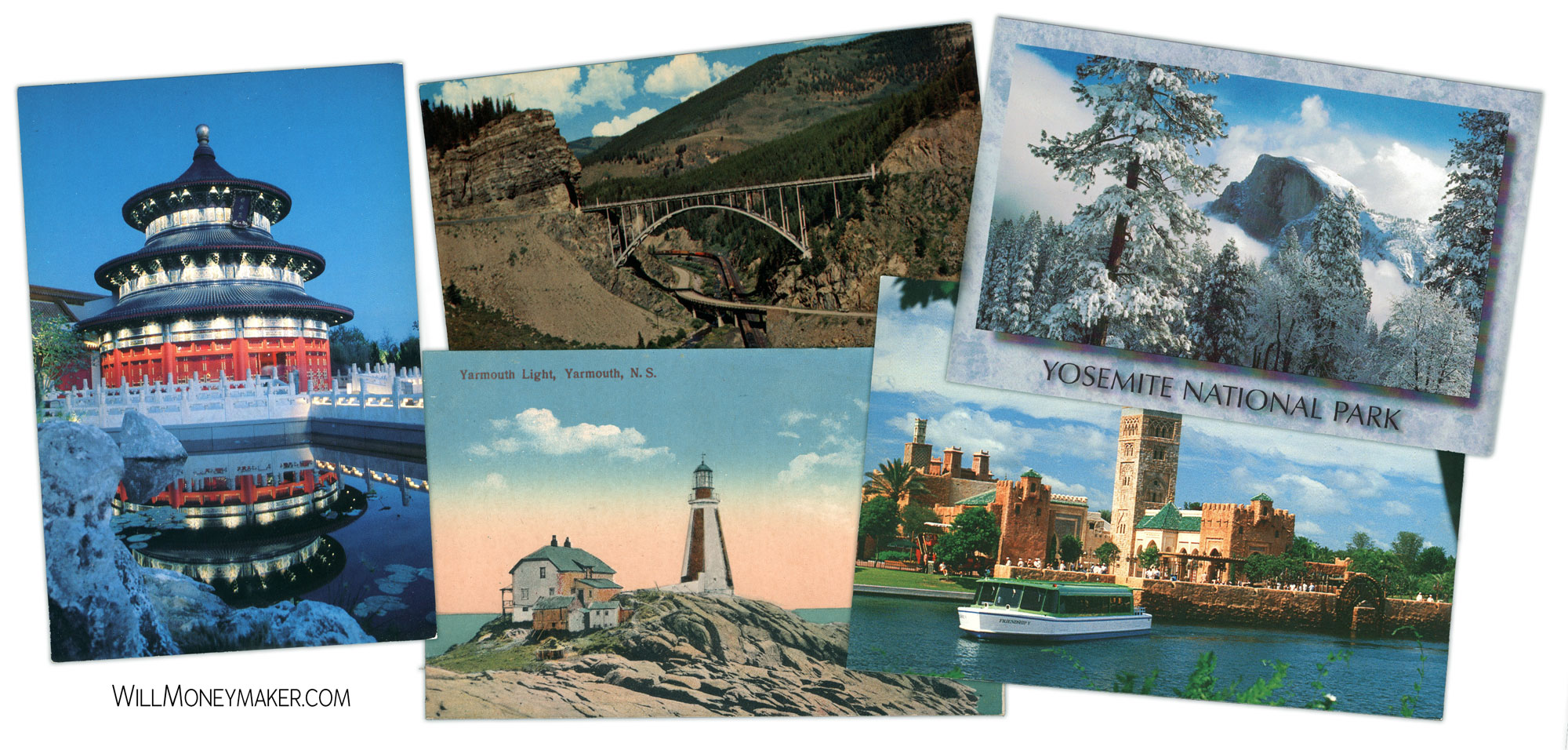One of the biggest questions we must always ask ourselves as photographers is why we do what we do. The answer should be for the sake of creating art, one way or another. But sometimes, things get skewed and our reasoning for taking certain photographs or employing certain techniques is not because these things create the best art possible, but because these things give us bragging rights.
One example is printing with gelatin silver versus conventional digital methods. Lots of people like to do this, and of course, there’s nothing wrong with it. But one needs to ask oneself: Are you doing this because it enhances the aesthetic of the image? Or are you doing it simply because more obscure printing methods make the process harder, thus giving you a chance to impress people with the difficulty of the process rather than the depth of the imagery?
There are lots of examples of this throughout the photographic world. Photographers will often do things the hard way, using obscure techniques and unusual equipment, and the reasoning behind it isn’t always creating a better piece of art, but simply so that they can sing the virtues of the methods and gear they are using.
Another example are those who will only use antique cameras. Of course, there is absolutely nothing wrong with using antique cameras to create art. The process certainly is much more difficult since you’ll need to learn darkroom techniques and likely obscure chemical processes that are rarely done anymore. But here again, do these antique cameras and obscure film development processes really create a better picture? If yes, if something about the aesthetic that these things lends to an image really enhances it, then go for it. But if the larger part of the reasoning is simply so that you can tell viewers all about the equipment and processes, then maybe you’re putting more work on yourself than you need to be doing.
It's not even gear and printing processes where we see this kind of thing happen. Photographers have been known to go on rather epic journeys — hikes, travels to exotic locales, and so forth — just to bring back trophy photographs that allow them to tell the story of the journey they took. When I hear these stories, I’m always tempted to ask, “But what about the art?” Traveling and hiking is great fun, of course, but at the end of the day, viewers are interested in the content, not the story of how the content came to be. These grand photographic voyages are, of course, wonderful things if they help a photographer to produce amazing pieces of art. But amazing pieces of art can be created closer to home, too. The journey really is secondary to the content that comes from that journey. And that’s why it’s important to examine the question of whether you’re doing things because those are the things that best help you create the most powerful art, or whether you’re doing it for the bragging rights. Above all else, art should be meaningful. No matter how you get there, that’s where the focus should be — on the meaning. It doesn't matter if the photograph was easy or difficult to create. Most viewers won't even hear the story of its creation. Always focus on creating something for its meaning, and not for the story you can tell about its creation.
Now go and enjoy the beauty of God’s creation through your lens.




